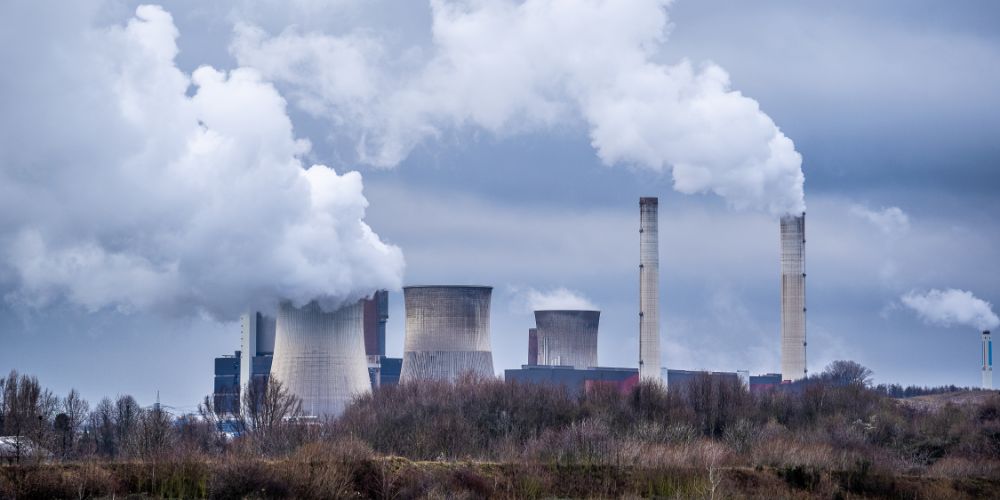
- May 8, 2025
Zimbabwe’s Carbon Trading (General) Regulations Statutory Instrument 48 of 2025: A New Dawn in Climate Action and Market Opportunities
In a significant milestone for Zimbabwe’s environmental policy, the government enacted the Carbon Trading (General) Regulations Statutory Instrument 48 of 2025. This regulation marks a critical step towards integrating Zimbabwe into the global carbon market, creating avenues for sustainable development, environmental conservation, and economic growth.
Significance of the Regulations
The SI 48/2025 establishes a comprehensive legal framework for the operation of carbon trading in Zimbabwe. It formalizes procedures for monitoring, reporting, and verification (MRV) of carbon emissions, and sets standards for voluntary and compliance-based carbon market activities.
The regulation aligns Zimbabwe with international climate agreements such as the Paris Agreement, demonstrating the country’s commitment to reducing greenhouse gases (GHGs). It also aims to incentivize local industries, farmers, and communities to adopt sustainable practices by providing financial benefits through carbon credits.
Furthermore, the regulation emphasizes transparency, legitimacy, and environmental integrity in transactions, fostering trust among international buyers and local stakeholders. This can galvanize investment in Zimbabwe’s carbon projects, including reforestation, renewable energy, and sustainable agriculture.
Opportunities Presented by SI 48/2025
- Economic Diversification and Revenue Generation:
By entering the carbon market, Zimbabwe can generate new revenue streams through the sale of carbon credits. This can boost the economy, especially in rural areas, and create employment opportunities in project development, monitoring, and trading. - Promotion of Sustainable Projects:
The regulations incentivize investments in renewable energy (solar, wind), reforestation, and climate-smart agriculture, aligning environmental preservation with economic development. - Enhanced Climate Resilience:
Projects developed under the regulation can improve local climate resilience, supporting communities vulnerable to climate change impacts like droughts and floods. - Strengthening Regional Climate Diplomacy:
Zimbabwe’s active participation in carbon markets can enhance its stature within regional climate initiatives like the Southern African Development Community (SADC). - Capacity Building and Technology Transfer:
Implementation requires developing local expertise in MRV systems, carbon accounting, and project development, fostering technological advancement.
Challenges and Outlook
While the regulations open promising avenues, challenges such as establishing robust monitoring mechanisms, potential market volatility, and ensuring equitable benefit distribution remain. Capacity gaps in local institutions and awareness among communities need addressing to maximize benefits.
Looking forward, the outlook is optimistic if Zimbabwe leverages these regulations proactively. The government’s emphasis on environmental sustainability and economic growth suggests a strategic long-term vision. Collaboration with international investors, NGOs, and climate finance institutions can further accelerate progress.
Conclusion
Zimbabwe’s Carbon Trading (General) Regulations SI 48 of 2025 marks a pioneering move toward integrating climate action with economic opportunity. By harnessing its natural resources and committing to sustainable development, Zimbabwe has the potential to become a regional leader in carbon trading, supporting both environmental goals and economic resilience.
This regulatory framework promises a future where environmental stewardship and economic growth go hand in hand, but success will depend on effective implementation and stakeholder engagement across all levels.